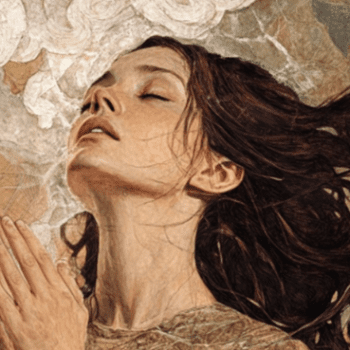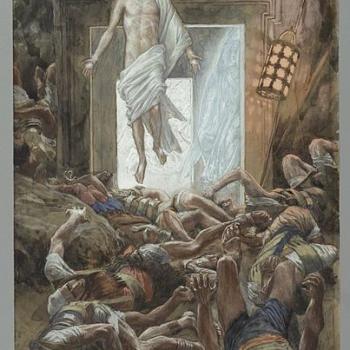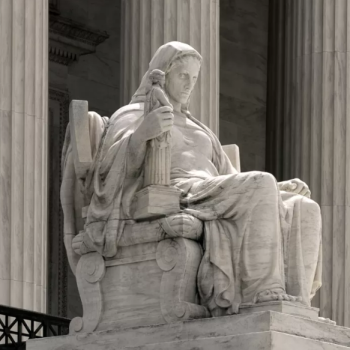My caution here is not against the use of metaphors themselves, or the attempt to articulate our experiences of the gods as beautiful, moving, powerful, and meaningful. The urge to communicate these experiences to others in ways that can inspire and engage them is a natural expression of our own engagement, attention, and devotion; developing a personal theology can itself be a kind of ritual act that puts us in touch with the gods, and that offers back to them something of our own selves and of our own making. Still, it is vitally important that we seek to understand the influences and sources of our theologies, to recognize the full impact of our metaphors and their potential implications.
Bonewits' polytheology might make many Pagans uncomfortable or frustrated. Some may feel that it is impious or not "spiritual" enough, that it is too imperious or arrogant a treatment of the gods. Though Bonewits dismisses these feelings, such objections point us toward one of the problems with his theory. A theology that does not respect the equivocal and poetic nature of its metaphors runs the risk of becoming overly dependent on their literal interpretations, clinging to out-dated cultural constructs that have long since ceased to serve as effective ways of organizing and articulating our social, personal, and spiritual lives. It is just as difficult for us to imagine living in a post-capitalist world as it was for our ancestors of a thousand years ago to imagine a better alternative to feudalism for creating a stable and honorable society. Yet the consequences of founding our religious institutions on anachronistic concepts of hierarchy between lord and vassal continue to haunt us today, even for those of us practicing and worshipping the gods outside a Judeo-Christian context. Bonewits' theology is not simply an "impious but accurate" description of the gods. It is inaccurate precisely because it is impious, for it lacks the clean clarity and perspective necessary to appreciate the limits and conditions of its own metaphors, to approach them with caution and reverence as a poetry of our own making.
As we continue to engage in the process of exploring and articulating our spiritual traditions, challenging traditional notions of ritual and assumptions about the nature of deity that we have inherited from Pagan and non-Pagan ancestors alike, it remains vitally important that we keep a perceptive and appreciative eye on our own evolving polytheologies. Only with this awareness of the inexplicable and sometimes ambivalent nature of the divine can we do justice in our theories to the realities behind our practice.
 Alison Shaffer lives, moves, and practices her Druidry in the lovely, thrice-rivered city of Pittsburgh, where she dwells on the edge of a wooded park with her partner, her cat, her pet frogs, and her houseplants. Her spiritual studies revolve around a fascination with theology, peace-making, ecology, Celtic mythology, and ritual aesthetics, as well as a love of song and a great deal of poetry. She writes frequently on these themes on her blog, Meadowsweet & Myrrh (http://meadowsweet-myrrh.blogspot.com/), as well as contributing essays to the PNC group-project Pagan+Politics and to publications such as Sky Earth Sea: A Journal of Practical Spirituality.
Alison Shaffer lives, moves, and practices her Druidry in the lovely, thrice-rivered city of Pittsburgh, where she dwells on the edge of a wooded park with her partner, her cat, her pet frogs, and her houseplants. Her spiritual studies revolve around a fascination with theology, peace-making, ecology, Celtic mythology, and ritual aesthetics, as well as a love of song and a great deal of poetry. She writes frequently on these themes on her blog, Meadowsweet & Myrrh (http://meadowsweet-myrrh.blogspot.com/), as well as contributing essays to the PNC group-project Pagan+Politics and to publications such as Sky Earth Sea: A Journal of Practical Spirituality.




